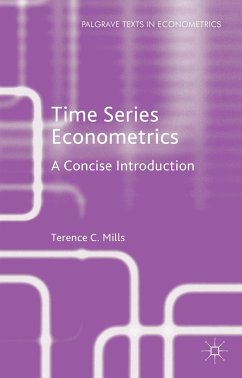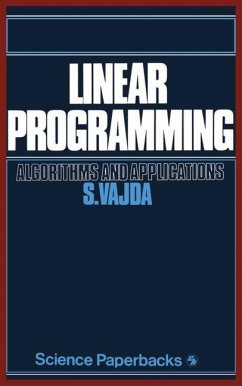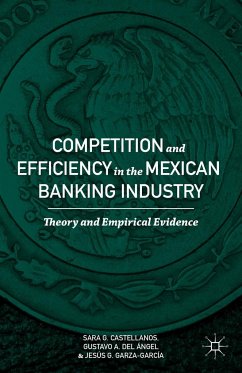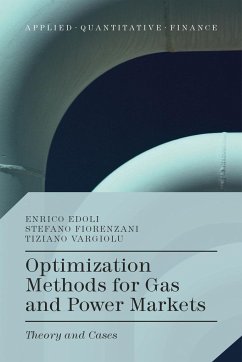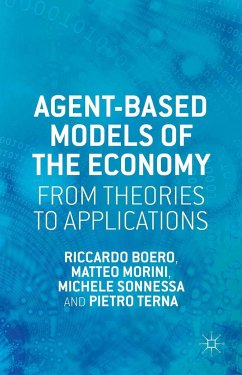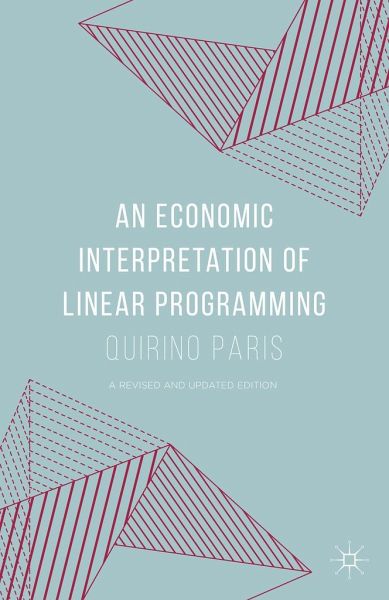
An Economic Interpretation of Linear Programming

PAYBACK Punkte
38 °P sammeln!
This text covers the basic theory and computation for mathematical modeling in linear programming. It provides a strong background on how to set up mathematical proofs and high-level computation methods, and includes substantial background material and direction. Paris presents an intuitive and novel discussion of what it means to solve a system of equations that is a crucial stepping stone for solving any linear program. The discussion of the simplex method for solving linear programs gives an economic interpretation to every step of the simplex algorithm. The text combines in a unique and no...
This text covers the basic theory and computation for mathematical modeling in linear programming. It provides a strong background on how to set up mathematical proofs and high-level computation methods, and includes substantial background material and direction. Paris presents an intuitive and novel discussion of what it means to solve a system of equations that is a crucial stepping stone for solving any linear program. The discussion of the simplex method for solving linear programs gives an economic interpretation to every step of the simplex algorithm. The text combines in a unique and novel way the microeconomics of production with the structure of linear programming to give students and scholars of economics a clear notion of what it means, formulating a model of economic equilibrium and the computation of opportunity cost in the presence of many outputs and inputs.




